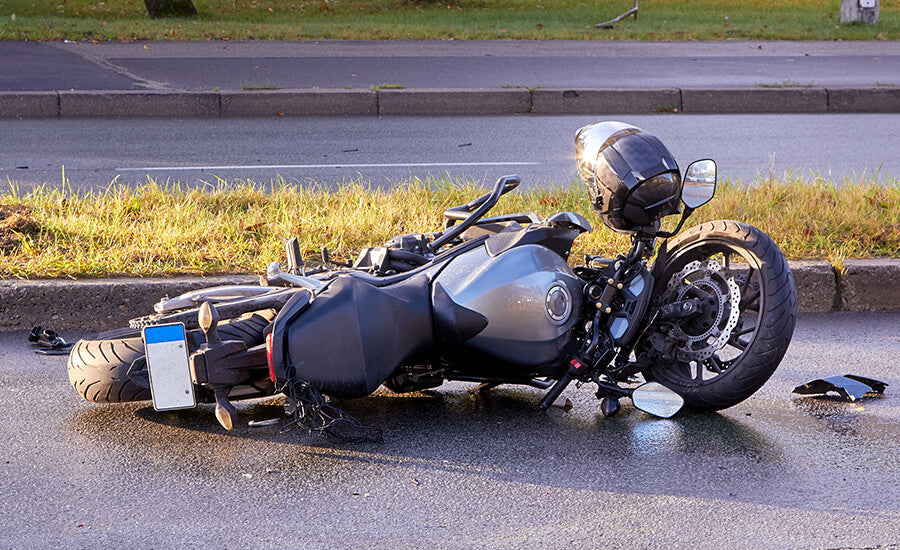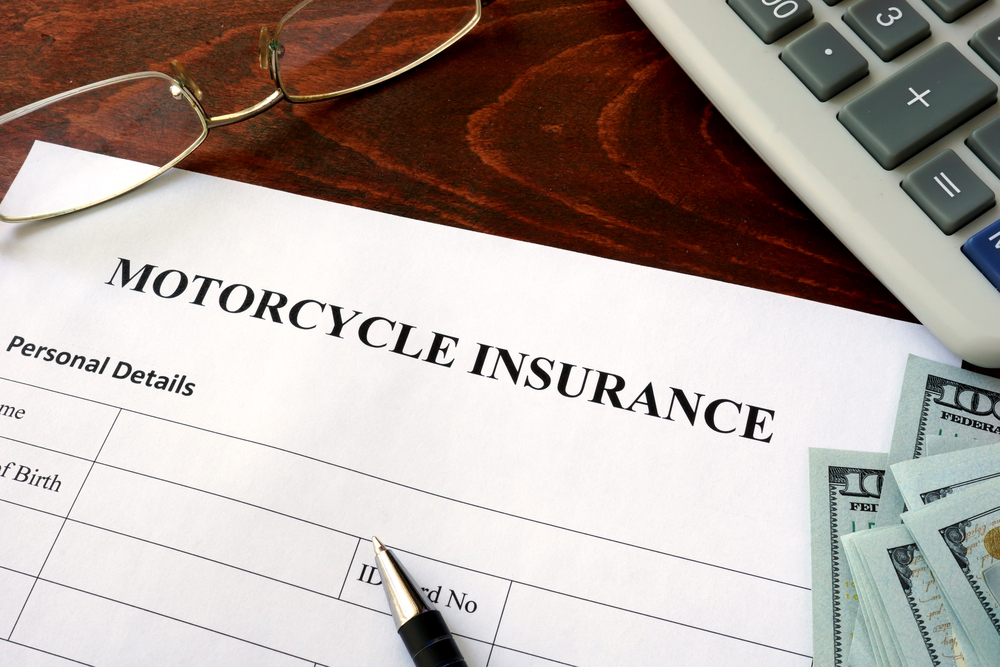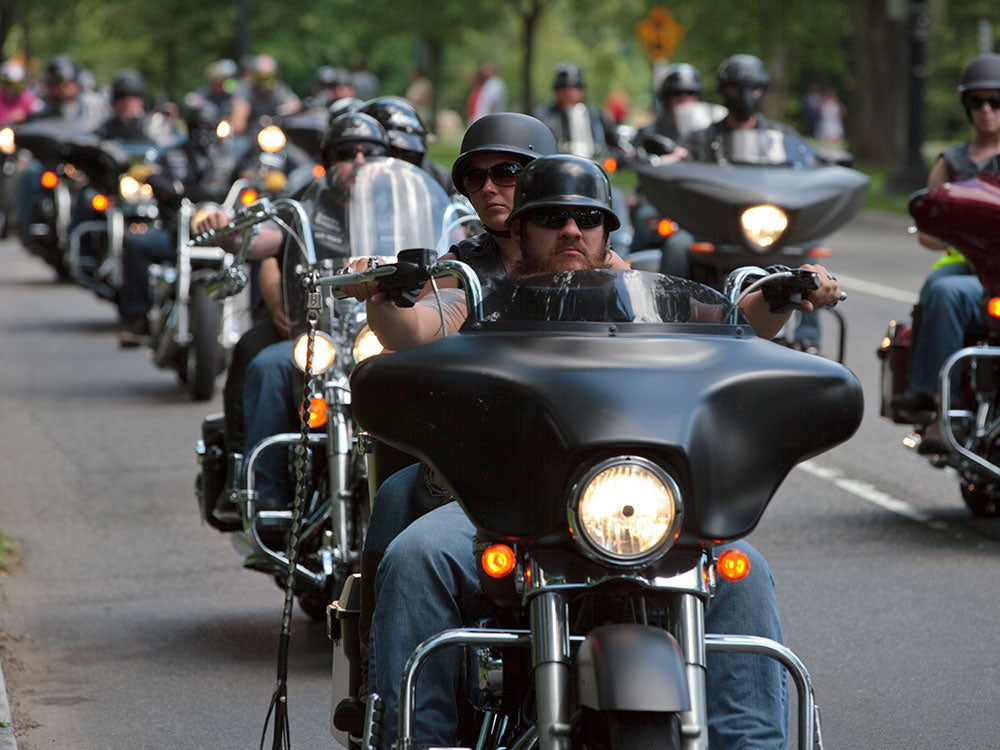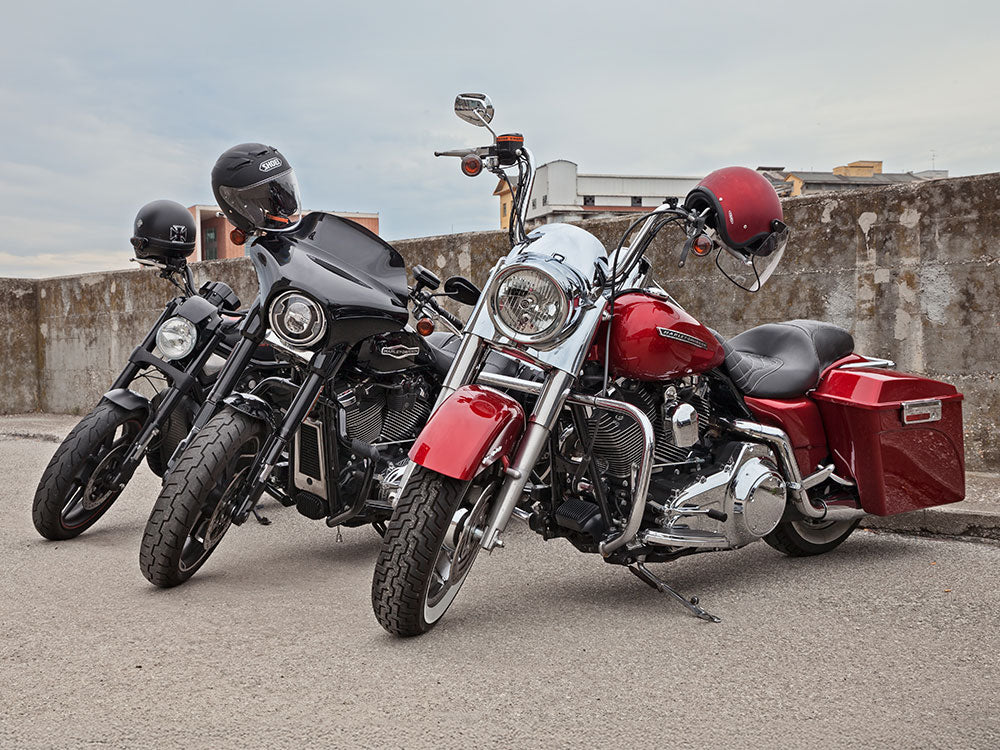Table of Content
The number of motorcycle rental services across the United States is steadily increasing. Why? Because It is a profitable business with strategies and hidden charges that cause money to flow out of your pockets and into the company's accounts.
There is a reason why experienced motorcycle riders warn you to approach a rental service with your guard up. But to protect yourself, you need to know what are the “extra charges” in motorcycle rental services.
Most workers at motorcycle rental services push you to pay for something that either is not worth the cost or was unneeded.
As you plan out your motorcycle tour, be on the lookout for extra charges when visiting a motorcycle rental, otherwise, you’ll end up overpaying for your ride.
Here are some tricks you need to watch out for when visiting a motorcycle rental service near you.
1. Damage/Theft Waiver

Before renting a motorcycle, check with your insurance company to confirm whether your insurance plan covers rentals. Here’s why.
Almost all motorcycle rentals will give you a tough time with a damage waiver. In legal terms, the waiver does not fall into “insurance” but motorcycle rental businesses believe otherwise. For example, you have to pay a minimum of $25 per day with EagleRider Harley Rentals. Seemingly a small amount, it may double the actual cost of your rental. Some rental agents trick you into buying these insurance waivers by offering a $0 per day rate.
It is not a complete waste to buy damage or theft coverage for a motorcycle rental. But it is recommended that you avoid outrageous rates at rental companies and opt for an insurance company that covers rental motorcycles as well.
2. Cost of No Damage Waiver
Refusing to purchase a damage or loss waiver has its costs. Local motorcycle rentals are well-known for making customers pay for the damage they didn’t cause. Either the damage was caused by a previous renter or the bike already had the defect. But if you don’t have a damage waiver, the rental services make you pay anyway.
3. Liability Coverage

Liability coverage is indispensable with the ever-increasing rate of motorcycle crashes, injuries, and deaths nowadays. Motorcycle rental companies offer minimum liability insurance according to a state’s insurance laws.
For example, if you rent a motorcycle in California, then it is mandatory for you to have the following coverage:
$15,000 - if the crash results in one injured or deceased rider
$30,000 - if the crash results in two or more injured or deceased riders
$5,000 - if crash results in damaged property
The minimum amount is too low to provide adequate protection. Consequently, you either have to purchase the supplemental liability insurance from a rental service - e.g. $300,000 at a rate of $25 - or hire another insurance company that provides more comprehensive liability coverage.
4. Bypassing Insurance Coverage
Some motorcycle rental companies will try to bypass damage costs paid by your insurance company or credit card coverage. So they introduce new charges that your insurance might not cover.
These may include administrative fees for all documentation done by the company. In case of damages or a mechanical breakdown, the rental services may add towing and maintenance costs to the bill. Moreover, they may demand you make up for the lost worth/value of the motorcycle. According to rental companies, damage caused by you will result in their motorcycle losing its value. To make up for the motorbike’s depreciation or to buy a good replacement, the rental service will add additional charges to your bill.
You can protect yourself by working with an insurance company that can keep up with the ever-increasing damage costs dictated by rental services.
5. Overbooking for Limited Motorcycles
Motorcycle rental businesses are aware of which motorcycles are high in demand. For example, if a customer is given a choice between a Kawasaki motorcycle rental and a Harley Davidson cruiser at the same price, the majority will choose a Harley. For this reason, rental businesses overbook their more popular models in hopes of customers failing to show up and early returns.
If for some reason the rental services are unable to provide your reserved motorcycle, then they will offer an upgraded alternative. For example, if you reserved a Harley Davidson Softail Slim at a motorcycle rental company for $100 per day and the motorcycle is not available at your reserved date, then they will not return your deposit to you. Instead, they will offer you a more expensive model such as an Indian Roadmaster for $200 per day or a Harley Davidson Street Glide for $230 per day.
If you refuse the upgrade, then your reservation will be moved to another date or the agent will try to arrange for a similar motorcycle from a different rental business at a higher motorbike rental cost.
6. Fuel Charges
Most motorcycle rental companies offer a full-tank facility with their rentals. However, they also have a full-tank return policy. If you return the motorcycle with a half-full tank, they refill the tank and charge a rate higher than what is available at the local fuel stations.
Inaccurate fuel gauges can also aggravate the situation. There is a fair chance that your fuel gauge shows a full tank on a half-filled tank which will result in you overpaying.
Moreover, before returning your rented motorcycle to a full tank, make sure you procure a receipt. Otherwise, the rental agent will refuse to accept your claim of having fully refueled the fuel tank and will add fuel charges to your bill.
7. Motorcycle Helmet Rental
Most U.S. states require you to wear a helmet while riding a motorcycle. Some rental services offer free helmets along with your motorcycle rental, while others just claim it to be free and add “miscellaneous charges” to cover the cost of renting a motorcycle helmet.
Moreover, some rental companies may have different rates for DOT-certified helmets and regular helmets, another trick to make you overpay.
It is recommended that you review all the helmet laws of the state you are visiting for your vacation. It is true that some states require you to wear safety gear including gloves and boots in addition to helmets, but it is not applicable everywhere. A motorcycle rental company may exploit your lack of knowledge and force you into renting safety gear even when you don’t need it.
Also Read: What Are the Helmet Laws Per US State?
8. Training Costs
Many motorcycle rental companies demand a certain level of riding experience. Riders who are unable to demonstrate sufficient riding experience are asked to at least complete a two-to-three day training session.
Again, this is a trick to make you pay for something you don’t need. If you find yourself in this situation, move to another rental service offering flexible rental requirements.
9. Pay More, Ride Less
Rental services urge you to hire their motorcycle rentals for a longer period - at least a week - with their unfair cost rate. Reserving a motorcycle for one day may cost you $45 alone. Meanwhile, a weekly motorcycle rental may cost you $280 per week ($40 per day). Similarly, rates for monthly motorcycle rentals maybe even cheaper and cost you $1050 per month ($35 per day).
10. Discounts & Memberships
Motorcycle rental services are well-known for their discounts and memberships. Unfortunately, what seems like a discount is just a mind-boggling trick making you believe that you paid less when in reality you paid the actual cost if not more.
More often than not, members are not offered any extra discounts. The rental services make you buy a membership and then increase the price of their rentals. When you display your membership, they tell you the “artificial price” first and then offer a “discount,” bringing the price of the rental down to its “actual price.” To avoid falling for these discounts, compare the deals of different rentals and choose the best offer.
11. Takeaway
It is nearly impossible to not fall prey to any of these money-making tricks of motorcycle rental companies. However, these tips should help you easily detect when a motorbike rental agent is trying to overcharge you.
Before committing to rental service, research thoroughly, discuss your supplemental liability coverage with your insurance provider, compare rent rates of different rentals near you, and try to provide your own helmet and safety gear if needed.













Leave a comment
All comments are moderated before being published.
This site is protected by hCaptcha and the hCaptcha Privacy Policy and Terms of Service apply.